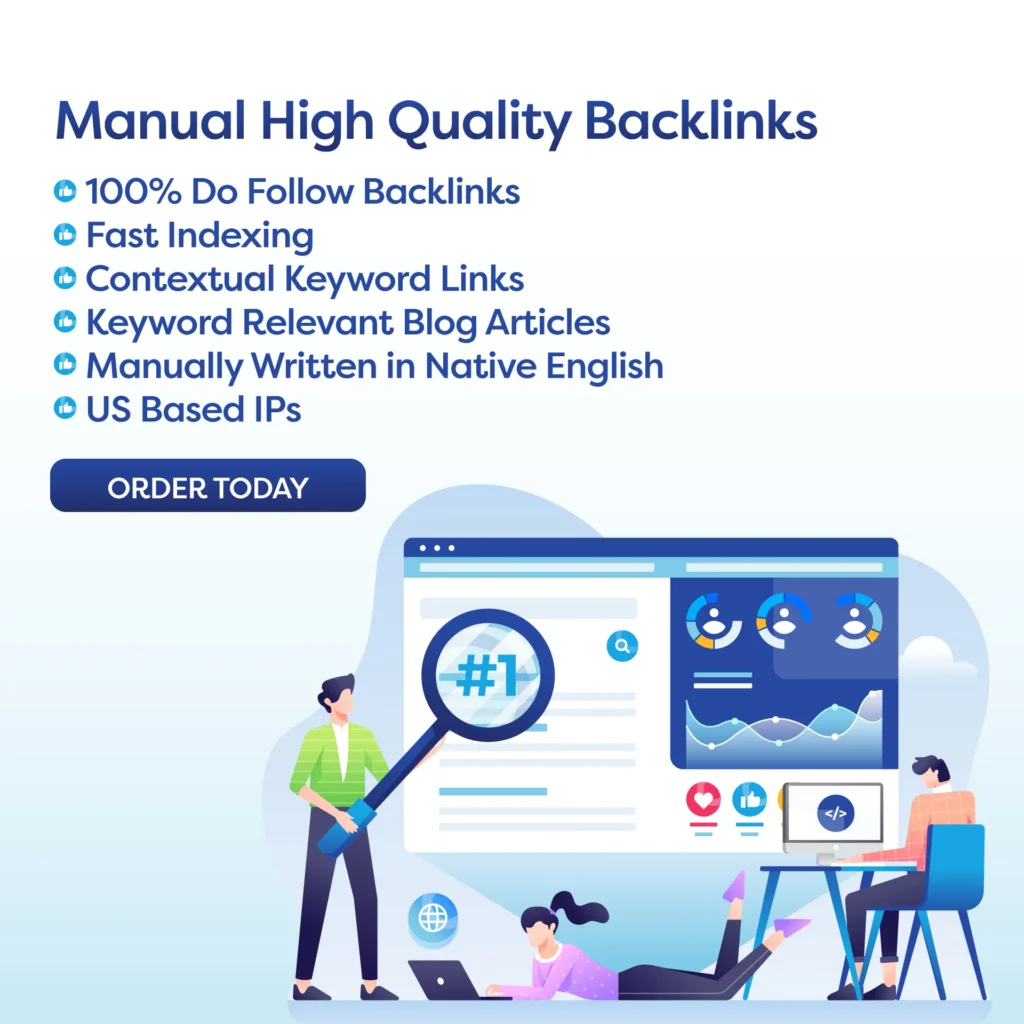The Essential SEO Audit Checklist
Introduction
Search Engine Optimization (SEO) is vital for any website looking to increase its online visibility and attract more organic traffic. However, SEO is not a one-time task. It requires continuous monitoring and improvements to stay ahead of the competition and rank higher on search engine result pages (SERPs). This is where SEO audits come into play.
What is an SEO Audit?
An SEO audit is a comprehensive analysis of a website’s current optimization status and potential areas for improvement. It involves examining technical, on-page, and off-page elements of a website to identify any issues that may be hindering its search engine performance.
The Importance of SEO Audits
SEO audits help website owners and marketers understand their website’s strengths and weaknesses in terms of SEO. It allows them to identify and fix any issues that may be limiting their website’s visibility and ultimately impacting their business’s success.
The Essential SEO Audit Checklist
To ensure your website is fully optimized and performing at its best, here is a comprehensive SEO audit checklist that covers all the essential elements:
1. Technical SEO
The technical aspect of SEO involves analyzing the website’s backend to ensure it is optimized for search engines to crawl and index easily. This includes checking for any broken links, duplicate content, site speed, mobile-friendliness, and proper use of meta tags and descriptions.
2. On-Page SEO
This involves evaluating the website’s content and HTML source code to ensure it is properly optimized for relevant keywords. This includes conducting keyword research, optimizing title tags, heading tags, and image alt tags, and ensuring the content is high-quality and relevant to the target audience.
3. Off-Page SEO
Off-page SEO refers to the external factors that can impact a website’s search engine performance. This includes backlink analysis, social media presence, and online reputation management. A thorough audit of these factors can help identify any opportunities for improvement.
4. User Experience (UX) Audit
A website’s UX plays a significant role in its SEO performance. A user-friendly and intuitive website not only improves user engagement but also signals to search engines that the website is valuable and relevant. A UX audit involves evaluating the website’s navigation, design, and overall user experience to identify any areas for improvement.
5. Competitor Analysis
Conducting a competitor analysis can provide valuable insights into your industry’s SEO landscape and help identify any gaps or opportunities for improvement. This involves analyzing your competitors’ websites, keywords, backlinks, and overall online presence to understand their strategies and how you can differentiate yourself.
Conclusion
An SEO audit is a crucial step in optimizing your website for search engines and improving your online presence. By following this essential SEO audit checklist, you can identify any issues with your website and take the necessary steps to improve its performance. Remember, SEO is an ongoing process, so make sure to conduct regular audits to stay ahead of the game and achieve your desired results.
Start Your SEO Audit Today
Don’t wait any longer to improve your website’s SEO performance. Contact us today to conduct a comprehensive SEO audit and start optimizing your website for success.
